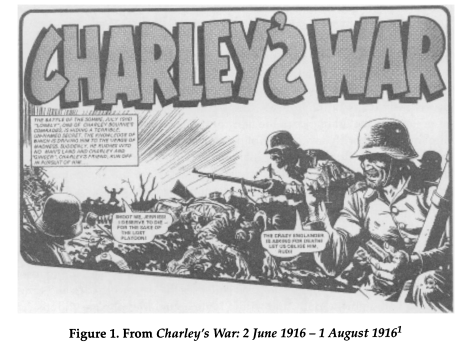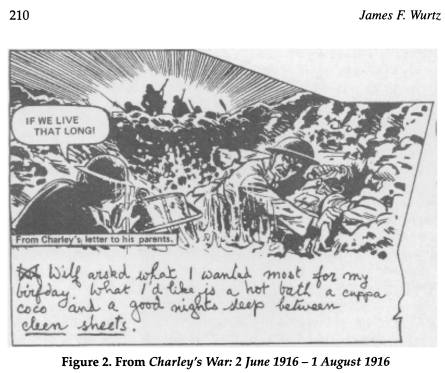Hello, Guys we are back with a special post. This is a special interview I had with a friend of mine on comics. It gave me a couple of insight on a different point of view and a different racial view. Just follow along it is based on a Question/ Response format and easy to follow. His name is Jacob Larson a South Korean from Ventura.(age 21) He grew up as a huge comic book fanatic with his dad owning a large collection of old comics. Please Enjoy and Here You go, Im Fabian Munoz and this is a special interview just for you guys.
At what age and year did you start reading comic books?
I’d say younger, I mean 7 or 8. I stopped reading but wait no I have those over there. (Batman Comics) I’ve read a lot of comics but was never consistent. My dad had a huge collection. I won’t go out of my way but I did read a lot of comics.
What was your favorite comic book? Comic book character?
That’s a hard one. Does Captain Underpants counts? Because if it does I loved all those series of comics. But if I had to choose my character it would have to be Batman. I love him because I grew up watching the animated show, and he does not have a super power but he is still a hero not in the supernatural sense but he represents serious justice. He said “Anyone can be a hero” And they have made him so badass recently.
At the moment, do you own any old comic books? If so, which ones?
I actually have some back at Ventura, hmmmm okay maybe ill just go for it, I have a lot of the classic Batman, Superman and Spiderman comics. I actually really like SpiderMan too, I own a lot of Magna if that counts. I have Dragon Ball Z, Bleach, Shonen Jump, I used to subscribe to their issues.
Have you recently read any modern comics? How do you feel about them?
I’ve read the recent Batman comics. I would wish if they stuck with the story even though found something else to revamp it but I would like them to stick to their old predecessor because the original batman was not super armored and geared up like today. I wish they could stick to the original technological sense.
How do you feel about comics of the past?
I love Origins and source material if that makes sense. I do not like the ones that are so old, like Batman they are kind of boring. I feel like there is not enough character development especially in the first issues. I like the newer comics because of the color! Like how Dark and Sinister can make something Evil, how the pictures work, they are much better now, they play a better role.
Have you seen any changes with comics and with comic book based movies recently?
Ohh, ummmmm, yeah I guess. So for the Batman movies you cannot include everything. They did not include ClayFace and Penguin in the newer movies. Same like the original spiderman like Toby Maguire’s because they do not include as much characters. I just feel like comics are so supernatural that you cannot put that in a movie. Like Bane in the Movie’s he was not Latino like in the old animations. And he injected himself with a venom but in the movies, there was a whole new story. It is so hard to portray all of that in a two hour movie.
How do you feel about certain Superhero characters becoming more diverse?
I think that it is fine. I think it adds or I do not think it lacks anything. It honestly just depends on the stories backstory. I think the backstory matters a lot, I mean if he is rich we can see that more powerful in certain races but I do not mind. I do not like though that they made an origin story and they change it up, like Nick Furry was white but in the movies he was African American. I just think for Origin stories they should stick to the original races. Like what if they made a Black Panther movie and he was White.
Do you agree with the idea of Superhero’s becoming more diverse or do you think it ruins the tradition of having white males and females endorsing those roles?
I actually do appreciate the addition of different cultures and races. Like I feel like I learn more from that culture. I think their is a diverse of introducing a hero from a culture than attempting to change the current one to a different culture.
Do you feel that comic books in the past had reason to only have predominant white characters?
Yeah, I mean that was the dominant culture. A lot of cultures were under privileged. That is why a lot of comics are dominant white. Well just in America, I know in WWII there were other races fighting for us but the country was still dominated by whites.
Growing up with comics, did you feel appalled that you hardly saw any other race in comics?
I think a hero is a hero. And not because most of them were masked. I never thought of them when they were wearing their mask. I feel like their mask is their identity and the person who they actually are is a mask. I think a hero is identified with his costume.
Now taking this into an American perspective, do you feel that it was acceptable during WWII to use Comics as Propaganda.
Ummm, I think from my viewpoint anyone can see anything as propaganda. But from an American perspective I think it gave people drive, if it helped us win and surpass WWII then it’s more than okay. It allowed people to believe in something more than themselves.
Would you say that it was just propaganda and not racism?
I would not say it was Racism. I would not say it was even propaganda, I think it was just putting the American people to believe in something more. And for me I think it’s only racist when someone brings it up.
Throughout the crisis’s the U.S. have experienced, the comic books have often alluded to these national instances. For example; WW2 propaganda against the Japanese and Cold War depicting Vietnamese as hateful and ugly people. Do you think that when the U.S. is experiencing these types of moments, it’s ok to do this?
I do not think dehumanization of a culture is acceptable. Although it helped American’s I do not think it is acceptable to dehumanize people.
Finally, do you feel that comic books of the past are justified in having comic characters being predominantly white?
That’s a good question, ummm. Yeah I do because, I think yeah because I mean I can’t speak for only me but the culture was very white dominant and a lot of the works, soldiers were white. I do not even think about it like that. I do understand that people feel left out but I think if you are the creator you can do whatever you want. If I was in power of a comic book panel or owned my own and I wrote about nothing but asians because I love their culture and all, I would not do it because I'm being racist it is just what I am passionate about.



